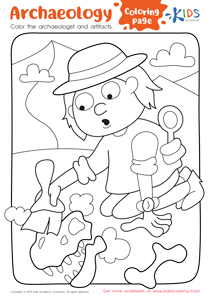Normal Alphabet worksheets activities for 5-Year-Olds
4 filtered results
-
From - To


Rhyming Words: Assessment Worksheet


Vowel and Consonant Sounds: Assessment Worksheet


Phonological Awareness: Assessment 1 Worksheet


Phonics and Word Recognition: Assessment 1 ELA Worksheet
Normal Alphabet worksheets activities are a cornerstone in the foundation of literacy for young learners. These activities are indispensable tools for introducing children to the world of letters, sounds, and ultimately, to reading and writing. The significance of these worksheets lies in their ability to blend learning with engagement, making the journey of mastering the alphabet both enjoyable and effective.
Firstly, Normal Alphabet worksheets activities are designed to cater to the varied learning styles of children. Whether a child is a visual, auditory, or kinesthetic learner, worksheets can provide a versatile approach to learning. They often include coloring, tracing, matching, and letter identification tasks that address different learning preferences, ensuring no child is left behind in their literacy journey.
Moreover, these activities offer a structured approach to learning the alphabet. This structure is crucial for young learners as it provides them with a sense of security and predictability. By systematically working through the alphabet, children can build upon their knowledge incrementally, reinforcing their learning and enhancing retention. This step-by-step approach enables learners to progress at their own pace, making learning less daunting and more achievable.
Another benefit of Normal Alphabet worksheets activities is their ability to foster independence. As children become familiar with the format of these worksheets, they gain confidence in their ability to complete tasks on their own. This autonomy in learning not only boosts their self-esteem but also cultivates a love for learning that can last a lifetime.
Lastly, these activities encourage parental involvement. Parents can actively participate in their child’s learning process by guiding them through the worksheets, providing encouragement, and celebrating their successes. This involvement strengthens the bond between parent and child and underscores the importance of learning in a supportive environment.
In conclusion, Normal Alphabet worksheets activities play a pivotal role in early literacy development. By catering to different learning styles, providing a structured learning approach, fostering independence, and encouraging parental involvement, these activities are invaluable tools in equipping children with the foundational skills necessary for reading and writing.
 Assign to the classroom
Assign to the classroom




.jpg)






